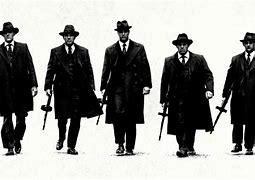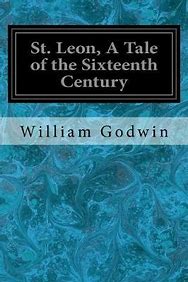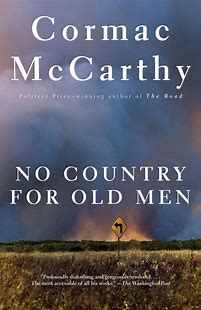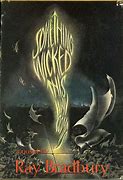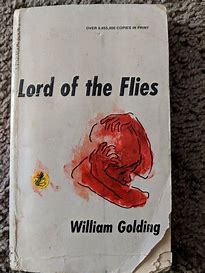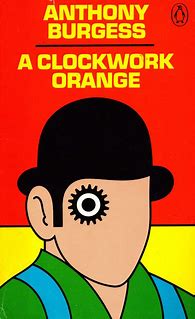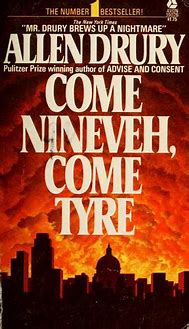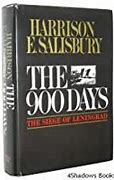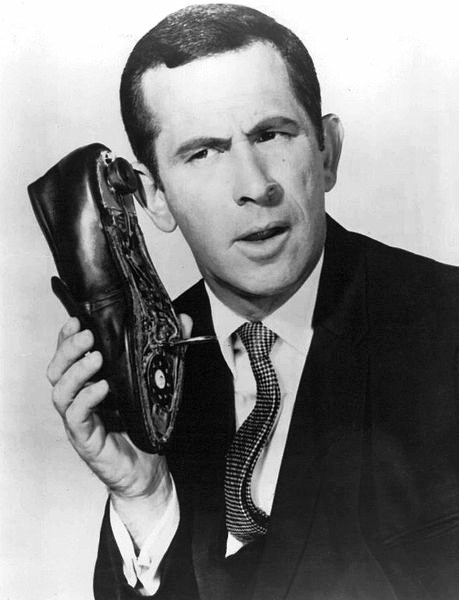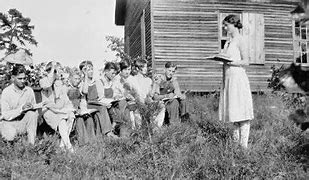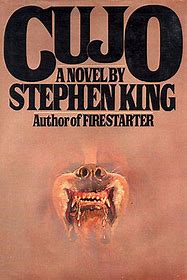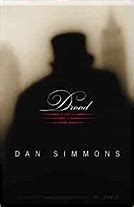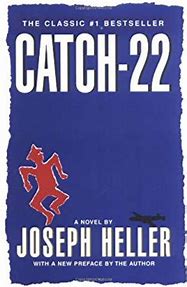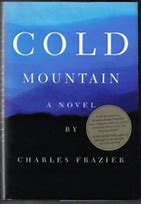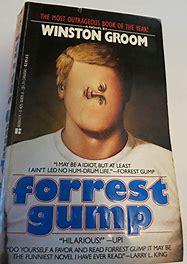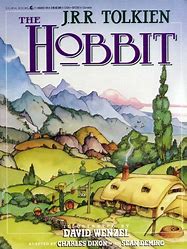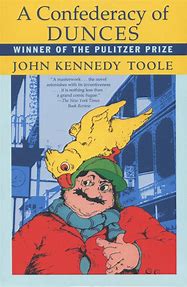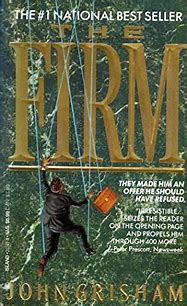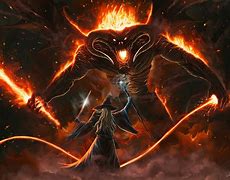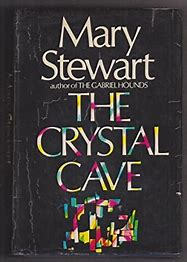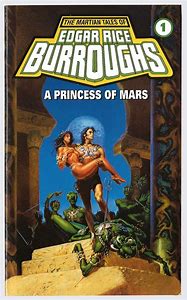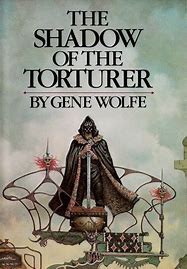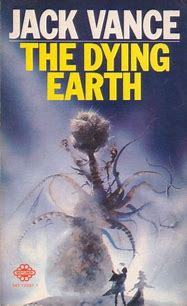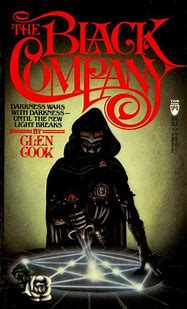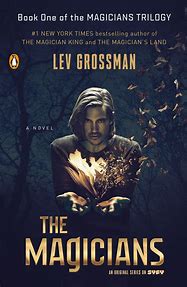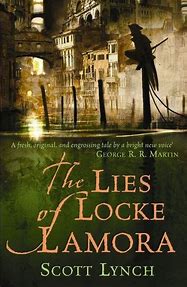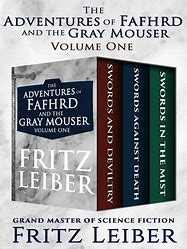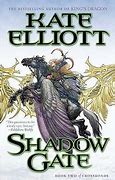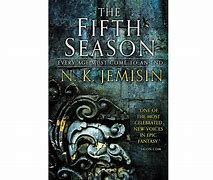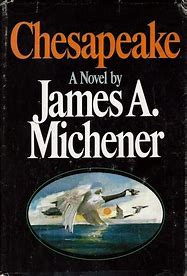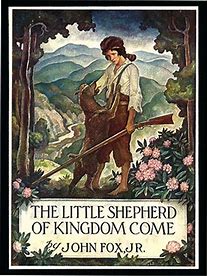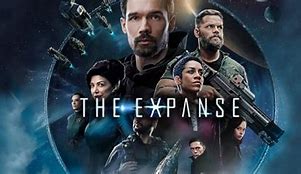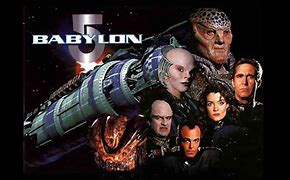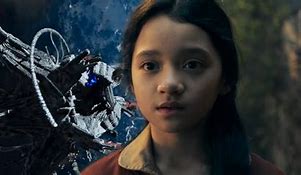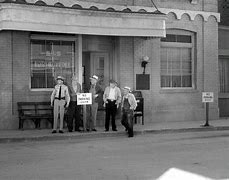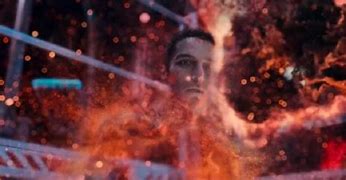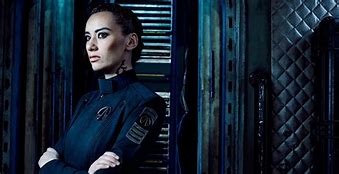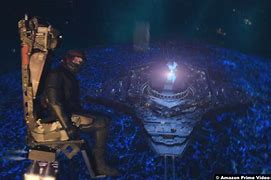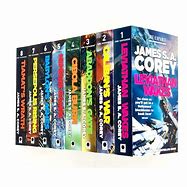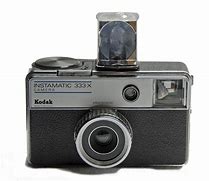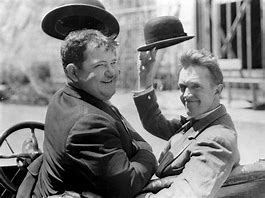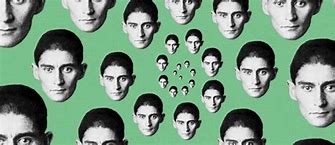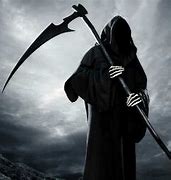
I’ve read about five or six books recently that appalled. Just appalled [NOTE: for private reasons, I’m not going to name those books so don’t bother asking]. What was so appalling? Besides the individual issues, all of them suffered from some of the worst editing I have ever seen. It looks very much like the only editing they underwent was the automatic checks that Word does as you’re going along. All of these books suffered fatal homophone errors and, no, that’s not some kind of sexual communication device. For example, ‘taught’ for ‘taut,’ which really changes the meaning of the phrase ‘taught face.’ All of them dropped critical words mid-sentence, like ‘not,’ turning what was supposed to be a negation into a positive. So someone who was ‘not’ killed was actually killed? What?
Okay, fine, editing errors, transcription errors, typos, yeah, I know those happen, even in the most scrupulously edited of books. I expect a few errors of different types in anything that’s published, especially now that much of the publishing process is automated. But when you run into five or six fatal homophone errors and numerous dropped words in the same book and you’re only halfway through it, already having suffered through incomprehensible dialogue and simply ridiculous plot points that defy all logic (even the logic built within the novel), then you start to suspect something else is going on. And there is.
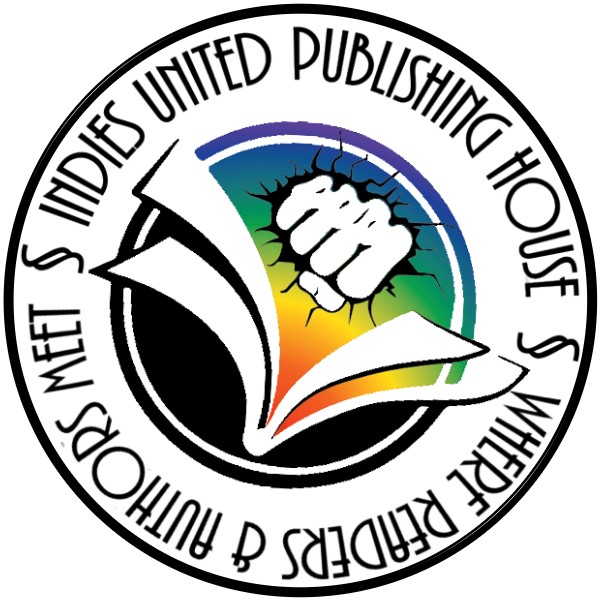
Self-publishing.
Man, I’ve got my nerve, don’t I, calling out self-publishing, or its ootsy cutsie synonym ‘indie’ publishing, which sounds like a word that sophomore girls squeal, all campy and kicky and cool, hey, I’m an indie, isn’t that neat? Well, a lot of what’s coming out of ‘indie’ publishing is about on par with the sensibilities of silly sophomore girls who decorate their room with unicorns. It is unserious. It is unprofessional. It is appalling.

And this, of course, was the prediction when traditional publishing gave way to the self published: the necessary gatekeepers are bypassed, allowing a hoard of Visigoths to pour into the sacred city. Gatekeepers kept the city whole, ensuring that only the best of writers and stories went through the crucible of scrutiny to emerge as fully formed novel on the other side, a novel of which both gatekeeper and author could be proud, having maybe one or two homophones at best within its covers and at least a tacit understanding that the novel was the best it could be, selected for its excellence, its provocativeness, its importance, whether you ended up liking the novel or not.
That is the myth the publishing industry promoted, anyway, and still promotes, that they are all Maxwell Perkins looking for the next Thomas Wolfe, and the novels they have blessed into bookstores are all Look Homeward, Angel. And myth that is, because the Max Perkins type of editor died out with Max Perkins, and what replaced him is Jordan Belfort, with the bottom line and best seller list the only two factors applied to the selection of and subsequent publishing of books. How else do you explain Dan Brown?
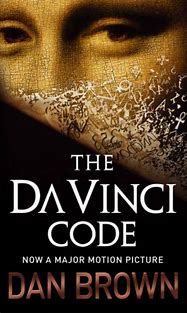
All of this is, of course, reader driven, and the change in editors’ selections has occurred because readers have changed. They want Brown, not Wolfe, so the publishing industry shifted accordingly. After all, editors have to buy groceries, too. And whether it’s a diminishing of standard public education requirements or social interests or even something like switching from phonetics to whole word strategies (it’s difficult to read Wolfe if you’re reading pictograms) to blame for this, the trads are focused now on tropes and popular themes. We’ve got grrl power and crushings of patriarchies and urban/suburban fantasy and eeevil white people stories to publish, people!
Which leaves out writers who write like Wolfe. Or look like Wolfe. Or don’t look like Margaret Atwood, or who don’t write what Dan Brown writes. Publishing has its eye on best sellers, millions of books bought through designated outlets and they don’t have time in this hurry-up mixed up world to deal with nuanced themes. Or themes that don’t poll well.
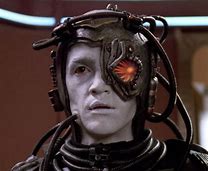
Which led to self-publishing, which is about the only way a lot of authors can bypass the Bryn Mawr graduates managing the slush pile and get their work before the public. Fine, well and good; if there’s anything Jurassic Park taught us, life finds a way. All those authors who do not have the currently accepted genetic structure and/or who choose topics dimly viewed by Bryn Mawr graduates now have an outlet for publishing their work. But with great power goes great responsibility, and you indie writers must ensure your product is as professional as ones available through traditional publishing.
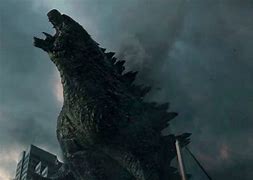
And I don’t mean book covers and binding; I mean content. The book has to be readable. That means your grandmother is not your editor, unless your grandmother happens to work for MacMillan… is MacMillan still around? Whatever, you get the point. And I don’t mean copyediting. Word will copy edit as you go along. I mean content, logic, continuity, character- and-plot-development types of editing, ensuring that your female elvish werewolf story makes sense, holds together, and follows along believable lines to the conclusion. Your grandmother is not going to tell you that. Nor is your best friend. They’re going to be supportive.
The last thing you need as an author is someone to be supportive.
No, I don’t mean the spouse keeping the kids away from your attic room while you hammer out the last battle between the elvish werewolves and the MAGA orcs. I refer to those well meaning relatives who are encouraging our little muffin to write that story and, yes, dear, it’s wonderful, go ahead and load it up on Amazon and you’re going to be a world famous author! Why, I’ll bet you get a Netflix deal!
And then guys like me get aholt of it, read maybe one page, toss it across the room and then write you a half-star review that will make you cry.
There is no crying in publishing.
And if you want to keep from crying then, by God, you had best upload the most professional, scrutinized, hammered, scrubbed, critiqued and excellent piece of writing possible, or brace yourself for the avalanche. This is the real world.
Best bring your A game.
